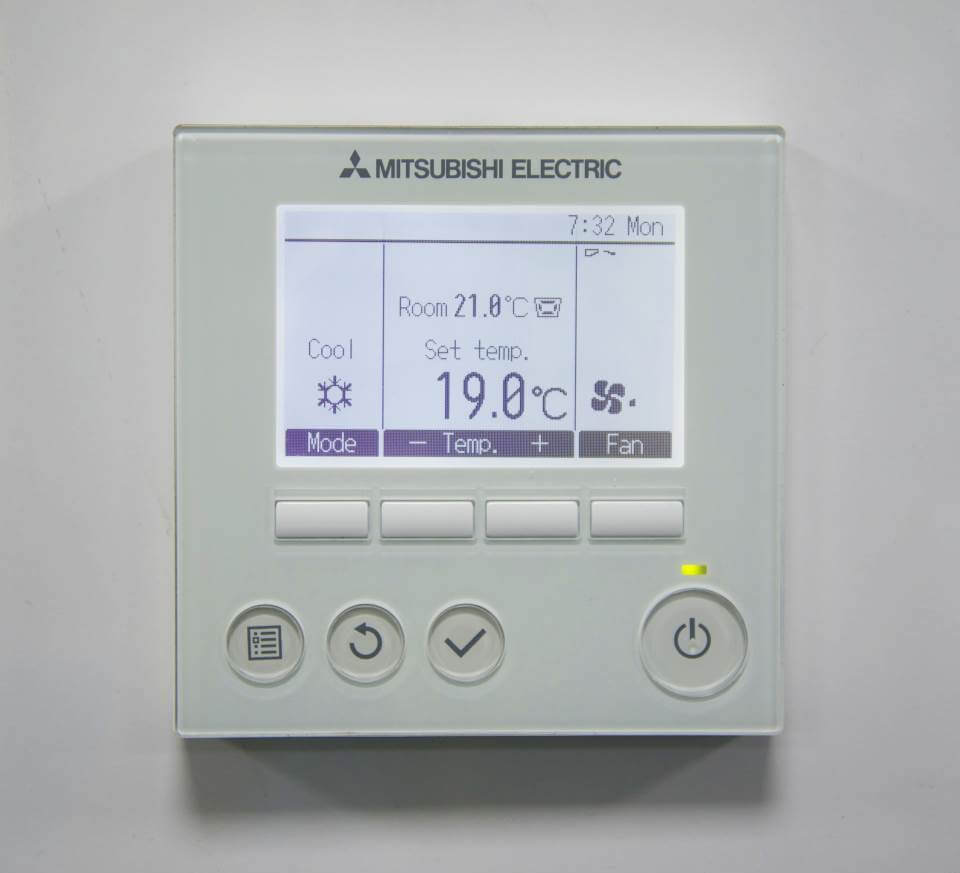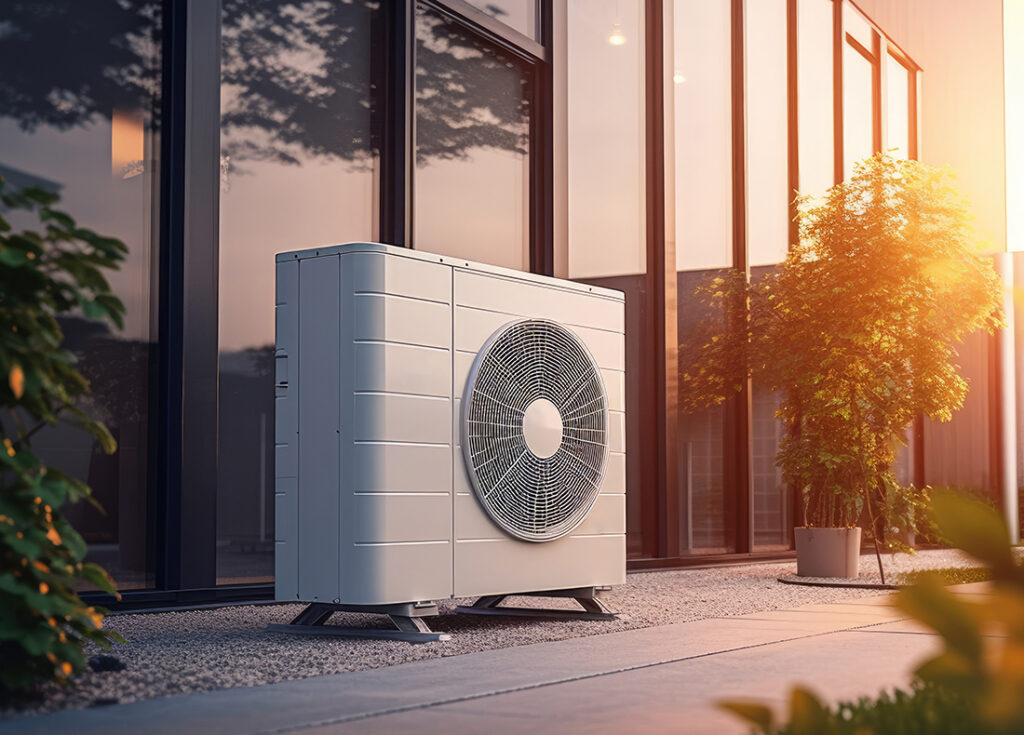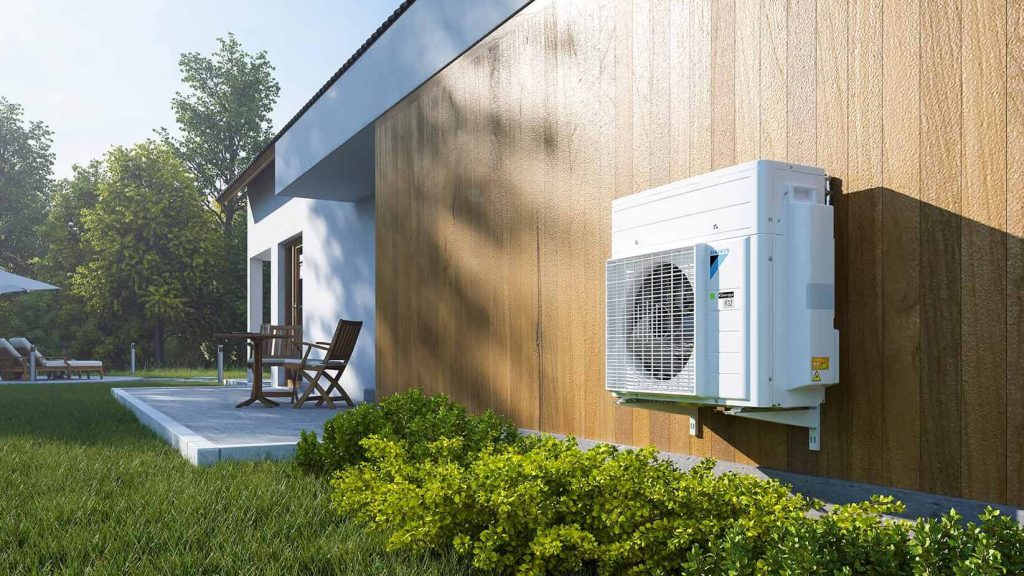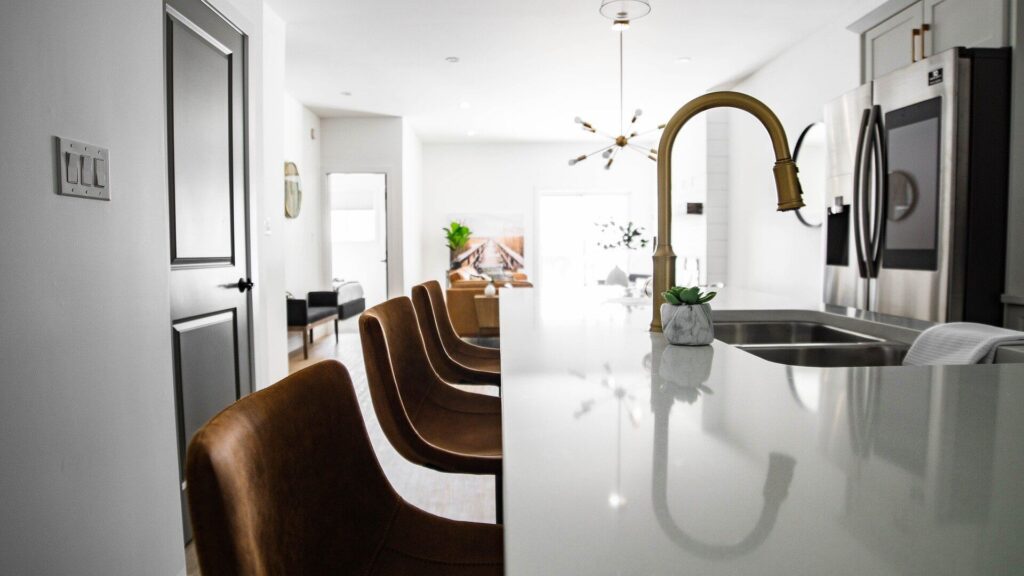What Causes Refrigeration Breakdowns?
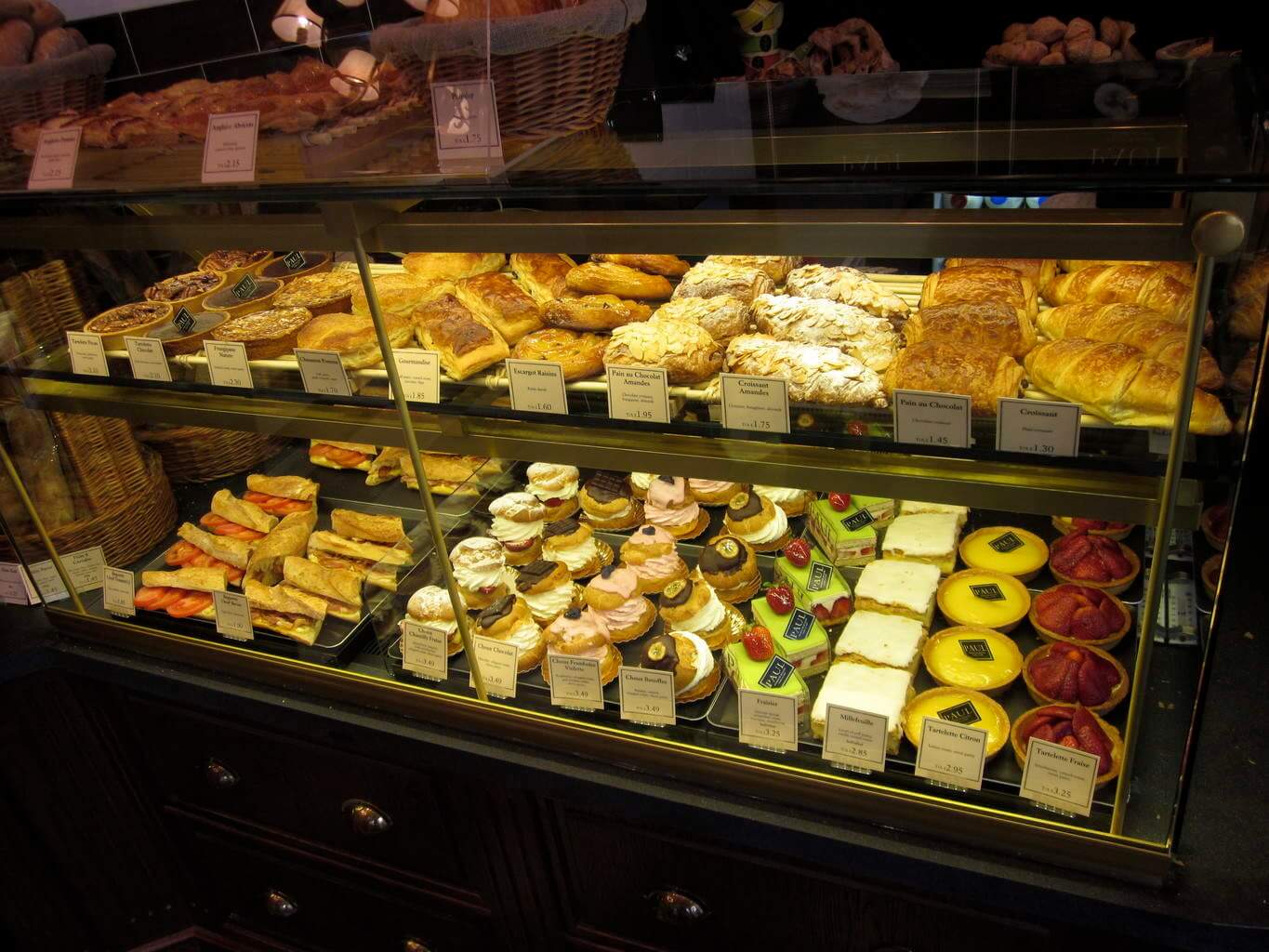
Estimated reading time 5 minutes
Refrigeration can be impacted by a number of different issues leading to breakdowns. In this article we look at the possible causes and how you can make sure your refrigeration systems work efficiently and effectively all year round.
Vital Equipment In Food Storage and Preparation
Fridges, freezers, temperature-controlled counters and areas, blast chillers, coldrooms, mobile coldrooms and stores all play a vital role in any business that needs to be able to preserve ingredients and store and prepare food e.g., in restaurants, bars, hotels, supermarkets and food production facilities. Like all commercial equipment that is vital to the running of a business, it’s important that it can be relied on to keep working day in and day out.
Without reliable refrigeration food safety is at risk as bacteria is free to grow and contaminate food which in turn puts businesses reputations in jeopardy and customers facing the hazard of food poisoning. When food can’t be stored and kept at safe temperatures bacteria can double in numbers in as little as 20 minutes, growing quickly and increasing until they cause illness when contaminated food is consumed.
According to the Foods Standards Agency “Chilling food correctly in your business”, “cold food must be kept at 8˚C or below.” In practice, we would recommend setting fridges below 5˚C, as bacteria can begin to grow between 5-63˚C. Freezers should be set at -18˚C and below.
When Refrigeration Goes Wrong
Like all equipment refrigeration can go wrong from time to time and for a range of different reasons. Below we outline some of these reasons:
High temperatures
When outside temperatures start to soar, this can put extra pressure on refrigeration equipment, especially in a busy workplace environment. However, breakdowns due to temperature usually also involve other factors like a lack of regular maintenance or overstocking.
Poor or blocked airflow
When airflow is restricted or completely blocked around a fridge or freezer it can lead to issues like inconsistent temperatures or overheating and breakdowns.
Malfunctioning thermostat
If the thermostat isn’t working correctly and the temperature set can’t be relied on, then the temperature may be inaccurate leading to a temperature that’s too high or low within the refrigeration unit.
Overstocking of products
Where a fridge, freezer or coldroom is filled with more goods than it’s intended to hold or where goods block vents through e.g., the over stacked shelving this will hinder the circulation of air, causing the system to have to work harder leading to breakdowns.
Poor or inadequate insulation
In order to maintain the right temperatures refrigeration must have proper insulation. If the insulation isn’t up to standard or where there are leaks, warm outside air can get inside the unit leading to issues.
Door seal problems
If door seals are damaged or have perished, then the equipment won’t be able to maintain the right temperature as cold escapes and warm air enters.
Human error
If restaurant staff, especially temporary staff, have not been trained on coldroom usage they can be the cause of the breakdown e.g., if the coldroom door is not closed correctly the unit will have to work harder to maintain the right temperature or where stock is placed in front of vents this can prevent proper airflow.
Misuse of equipment
Where controls or doors are misused e.g., doors being slammed or left open, it can lead to issues with temperature control and equipment having to work harder which puts a strain on the system.
No maintenance or improper maintenance
Regular planned preventative maintenance is essential when it comes to keeping your refrigeration working normally. Problems will occur when filters, coils and drains are not checked regularly and cleaned according to the manufacturer’s guidelines, or when refrigerant levels aren’t checked, and parts aren’t replaced when they are worn out. Failing to maintain fridges, freezers and coldrooms etc. is one of the most common reasons for breakdowns.
Commercial Refrigeration Maintenance Plans
Our commercial refrigeration planned preventative maintenance plans are tailored to meet your business needs and follow the manufacturer guidelines. We carry out a site survey to assess your refrigeration equipment and will make a recommendation on how often you will require a maintenance visit to keep your commercial refrigeration working efficiently all-year round.
During a standard maintenance visit for a refrigeration system, we will clean condensing coils, evaporator coils and filters. We will also check operating temperatures and pressures, controls, safety switch operation, compressor oil level where applicable, the expansion valve operation, the crankcase heater, the condition of pipework, electrical connections and wiring, fan assemblies, the drain tray and heater, door seals and internal lighting. We will also carry out a leak check and look for any damage within the system.
Our refrigeration and cold rooms support team is on hand 24/7, allowing us to promptly respond to any call and rapidly provide a solution. We understand that keeping your refrigeration up and running is critical for your business to remain trading. Our relationship with our clients is built around trust and the knowledge that if a problem arises it will be dealt with by professionals who are experts in their field.
Maintenance plans also include making sure you are FGas and TM44 compliant.
Synecore For Refrigeration
Synecore is one of the premier providers of commercial refrigeration to the hospitality industry across Kent, London and the UK and can advise you on the best solution for your business premises. From complex central production facilities, to small coldrooms and blast chillers, Synecore can design and install a refrigeration system that meets your particular needs and can be relied upon to perform at its best.
Please contact our sales office to discuss how Synecore can assist you with your refrigeration maintenance requirements. Call our expert team now on 01795 509 509. Our team will book an appointment for one of our engineers to visit your site and discuss your options.
